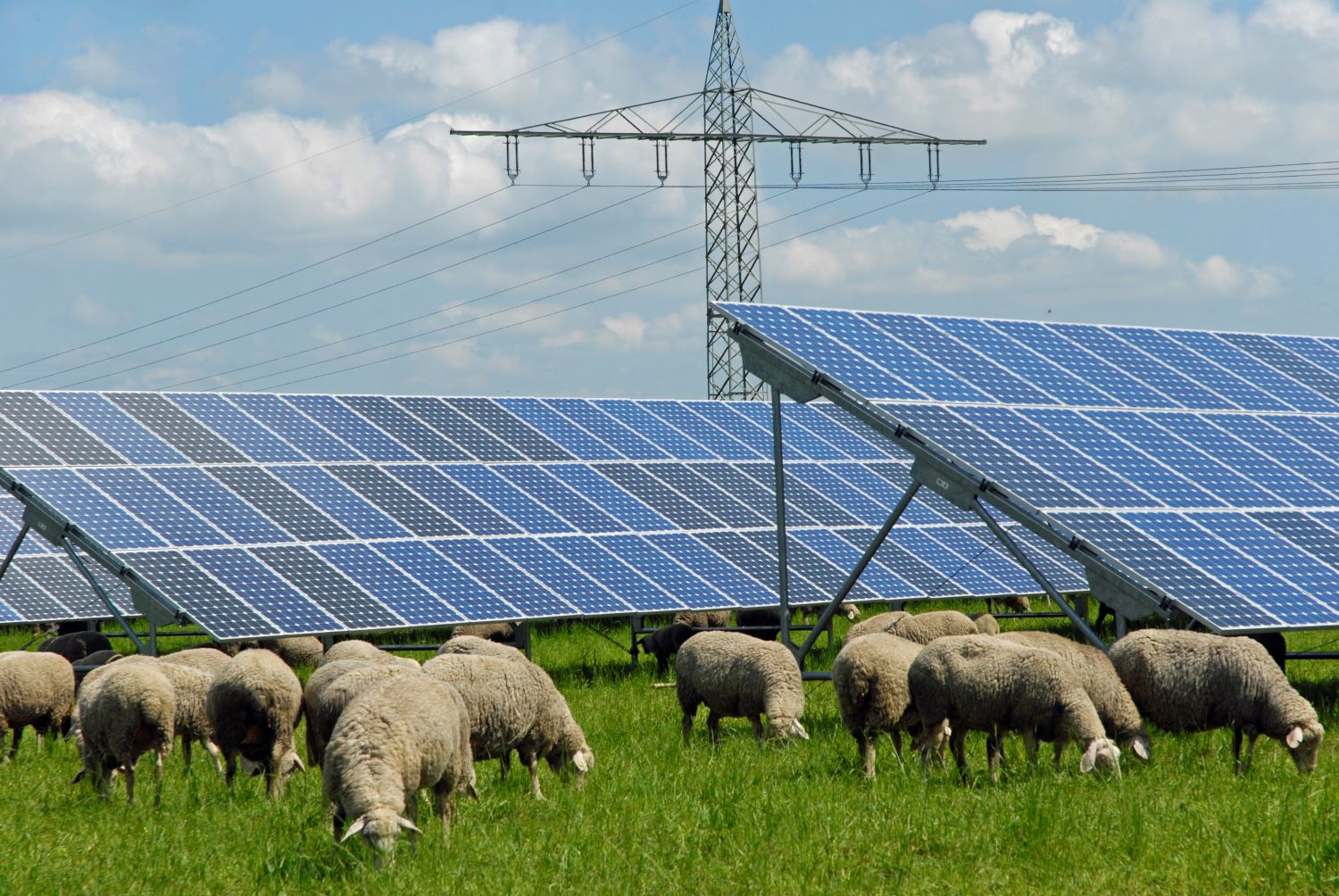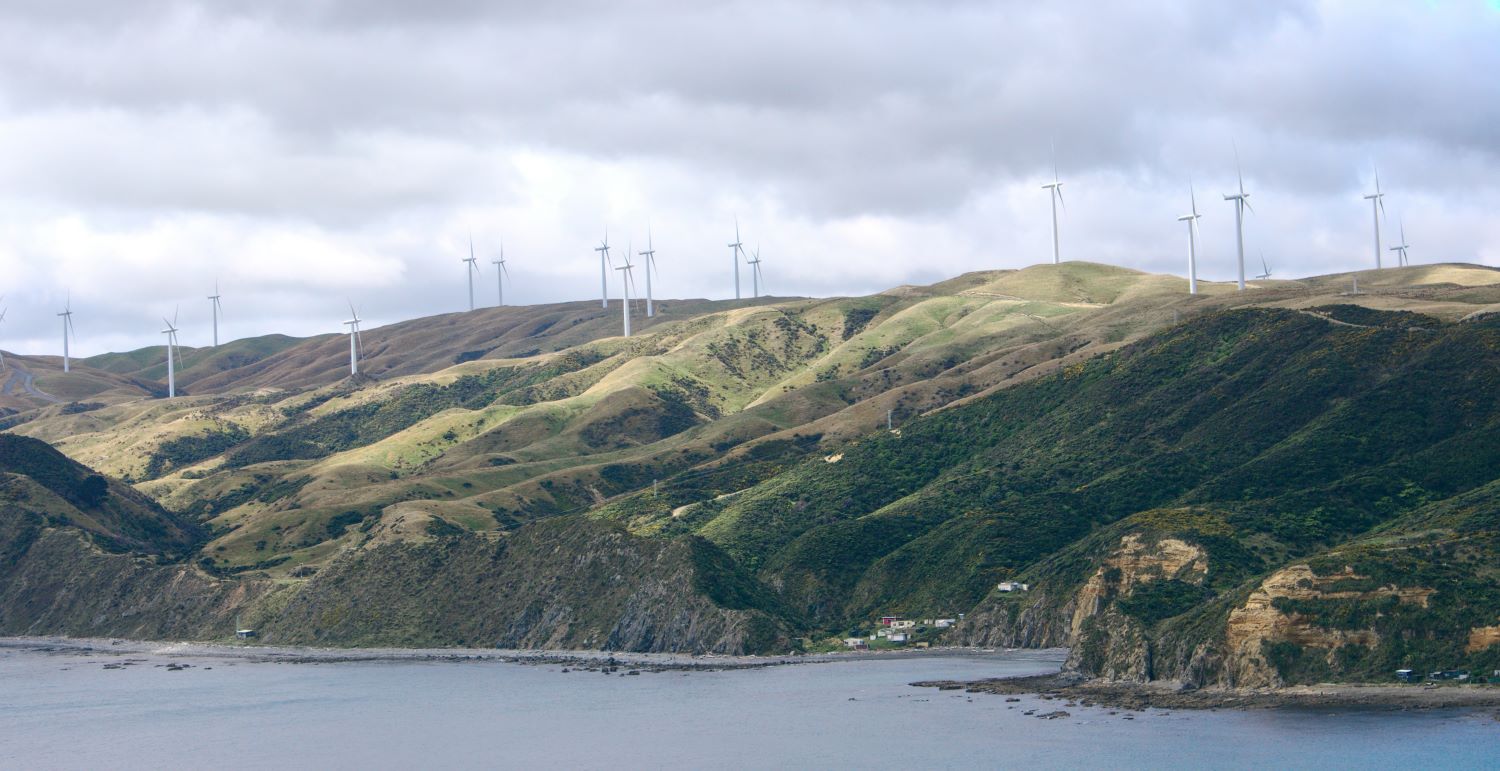The Ministry for the Environment is consulting on four amendments to regulations that support the Emissions Trading Scheme (ETS).
Climate Change (Unit Register) Regulations 2008
The current regulations allow ETS participants to exchange NZ Units (NZU) for Crown-held New Zealand Assigned Amount Units (AAU). Both NZU and AAU are carbon credits that represent one metric tonne of carbon dioxide equivalent. However, NZU are domestic carbon credits used in the NZ ETS whereas AAU are international carbon credits issued by industrialised countries to meet their emissions reduction targets under the Kyoto Protocol.
Participants would exchange NZU for AAU and then cancel them, as a way to demonstrate a voluntary carbon offset. While this cancellation process is still in place in the regulations, it was never recommended for post-2020 emissions and data from the Environmental Protection Agency suggests participants are no longer using this mechanism. This is because it is no longer credible under the Paris Agreement following the introduction of new emission reduction targets.
The Government therefore proposes to officially remove the cancellation process from 1 January 2023.
Climate Change (Other Removal Activities) Regulations 2009
The Government is proposing to remove the eligibility criteria to receive NZU (domestic carbon credits) for destroying or exporting hydrofluorocarbons and perfluorocarbons, which are potent synthetic greenhouse gases. Hydrofluorocarbons are found in refrigerators, air conditioning units, aerosols, fire protection and foam blowing equipment, and perfluorocarbons are found in refrigeration manufacturing and aluminium smelting.
Removing the eligibility criteria will encourage more participants to destroy or export these greenhouse gases, which will help New Zealand meet its international climate change obligations.
Climate Change (Stationary Energy and Industrial Processes) Regulations 2009
The third proposed change is a routine (usually annual) update to the schedule of default emissions factors for natural gas fields. These emissions factors are used by ETS opt-in participants to calculate their emissions without seeking information from the gas miners. The emission factors are based on gas composition so need to be regularly updated to reflect changes in the chemistry of natural gas, and the opening of new fields.
Climate Change (Liquid Fossil Fuels) Regulations 2008
ETS participants that supply or use liquid fossil fuels (such as jet fuel) are able to deduct the supply or use of biofuels (such as sustainable aviation fuel) from their emissions calculations. This is because using biofuels does not increase atmospheric greenhouse gas concentrations.
However, the current regulations do not allow opt-in airline participants that purchase and supply biofuels to deduct the supply of biofuels from their emission calculations, due to the mixing and sharing of fuel at airports.
The Government has proposed changes to remedy this, which would promote the use and supply of biofuels like sustainable aviation fuel.
Submissions
Consultation on these proposals is currently open and submissions can be submitted online until 5pm on Thursday 28 April 2022. For more information visit: https://environment.govt.nz/news/consultation-on-proposed-regulation-changes-to-maintain-accuracy-of-the-new-zealand-emissions-trading-scheme/.



